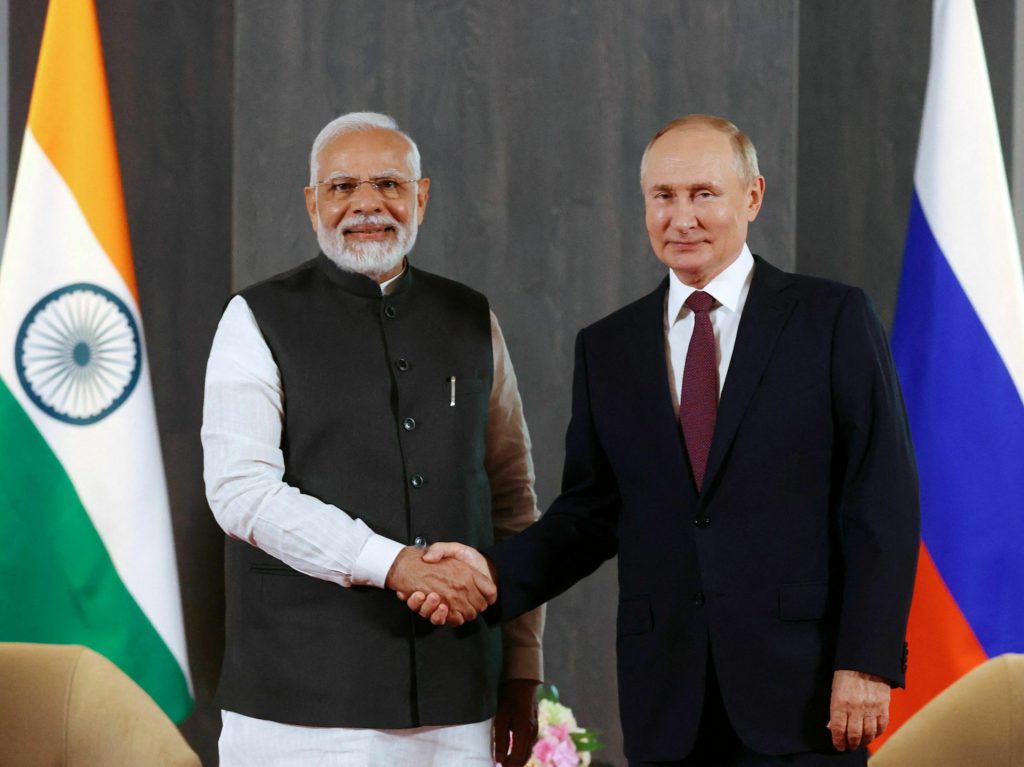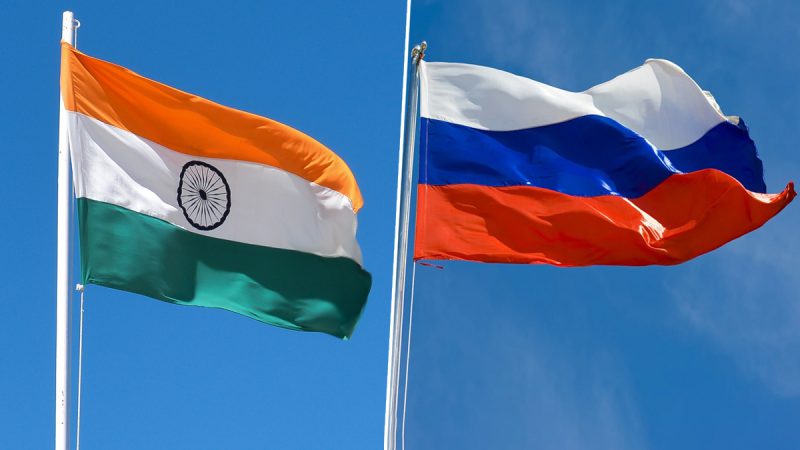Continuing the BRICS international expansion efforts, both Russia and India have partnered to create a digital economy. Indeed, the two nations recently announced increased cooperation in the realm of modern infrastructure. Subsequently, a crucial part of that lies in the development of a joint digital economy.
The bloc has long been tied to the potential creation of its own native BRICS currency. Moreover, that currency has been rumored to be blockchain-based and could benefit from further work in the digital economy space. Now, both nations have clearly expressed their continued bilateral commitment to that endeavor.
Also Read: BRICS: U.S. Having Less Friends As Developing Countries Unite
Russia and India Announce Partnership Focus on Digital Economy Development
For much of 2023, the growth of the BRICS alliance dominated the geopolitical sector. Indeed, the alliance garnered headlines following last year’s Annual Summit when it announced a six-country expansion plan. Subsequently, it was the bloc’s first such growth plan since it added South Africa two decades ago.
Heading into 2024, all eyes are on the development of a BRICS currency. Although the details of the project are sparse, work on such a concept has been rumored to be well underway. Now, amid the BRICS initiative, both Russia and India have partnered to create a digital economy.


Also Read: BRICS: US Senator Says Expansion Will Weaken the US Dollar
The Minister of the Moscow City government and Chairman of the Board of the Business Council for Cooperation with India, Sergey Cheremin, recently spoke at the Smart Cities India Expo program. There, he noted that the two countries are “united by a common goal of building the most modern infrastructure, creating a safe and comfortable urban environment.”
Moreover, he stated that one of the partnership’s most promising areas is “information technology and the digital economy.” Thereafter, he expressed that both countries are seeking to “become leaders in this field.” Conversely, the fruit of this endeavor could have massive BRIC implications.
The economic alliance has already created the BRICS Pay system late last year. That was set to challenge the Western SWIFT payment system and institute BRICS-based alternatives. The continued embrace of digital economies could allow continued headway to be made in the bloc’s long-embraced de-dollarization efforts.





